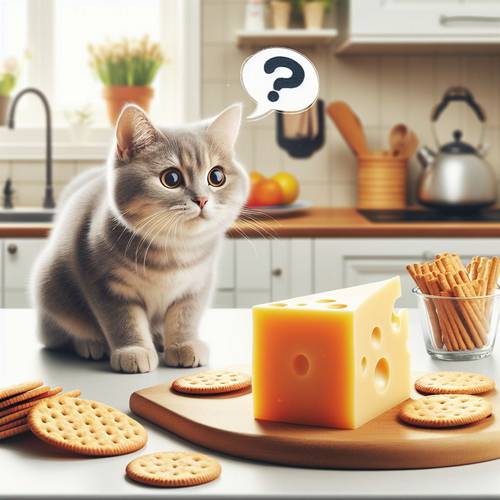Historical Views on Cats and Dairy Consumption
Throughout history, humans have often portrayed cats as avid consumers of dairy products. Ancient civilizations, like the Egyptians, revered cats and believed they had a special affinity for milk. In medieval Europe, cats were commonly found in dairy barns, seemingly enjoying the leftover milk. However, modern research suggests that many adult cats are lactose intolerant and may experience digestive issues after consuming dairy. This historical perspective sheds light on how our understanding of cats' dietary needs has evolved over time.
Evolutionary Changes in Feline Digestive Systems
Over time, feline digestive systems have undergone significant evolutionary changes. Historically, cats were strict carnivores, relying solely on meat for sustenance. This dietary specialization led to adaptations in their digestive tracts, such as a shorter digestive transit time and a reduced ability to digest carbohydrates. These evolutionary developments reflect cats' natural inclination towards a protein-rich diet, emphasizing the importance of providing them with nutrition that aligns with their biological needs for optimal health and well-being.



